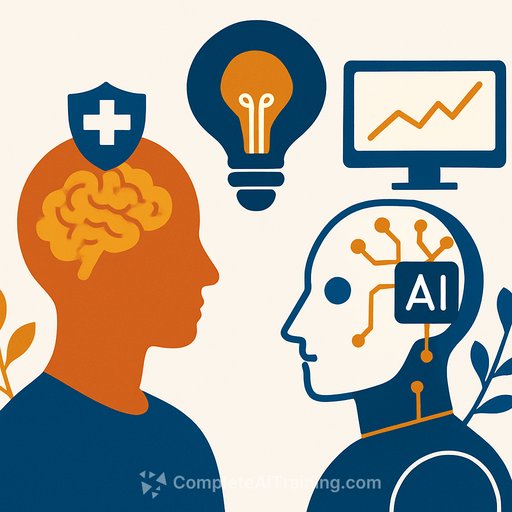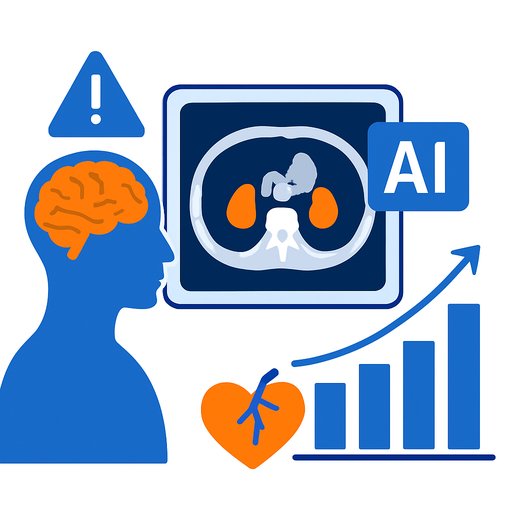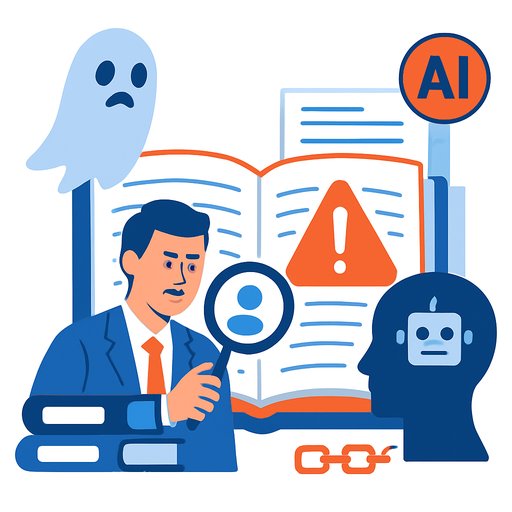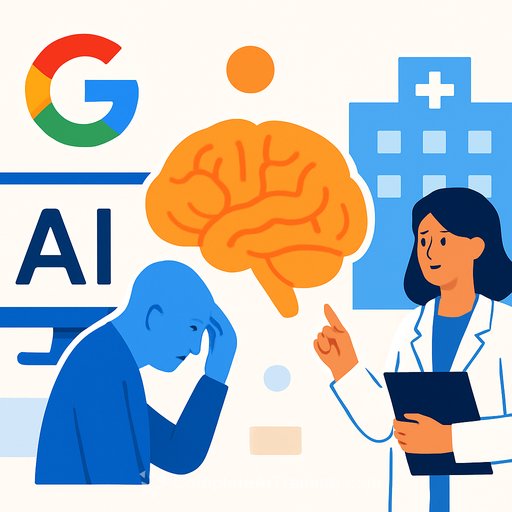Dartmouth Joins National AI Research Institute Focused on Mental Health
Dartmouth College has been named a leading partner in a new National Science Foundation (NSF)-backed artificial intelligence institute, ARIA (AI Research Institute on Interaction for AI Assistants). This partnership builds on Dartmouth’s established expertise in digital therapeutics for addiction and mental health disorders.
ARIA, headquartered at Brown University and funded by a five-year, $20 million NSF grant, aims to create AI assistants that can interpret individual behavioral needs and provide real-time, personalized feedback. It is one of five National AI Research Institutes launched as part of a $100 million NSF investment aligned with the White House AI Action Plan.
Dartmouth’s Role and Research Focus
Dartmouth’s Center for Technology and Behavioral Health (CTBH), housed within the Geisel School of Medicine, along with the Departments of Computer Science and Cognitive Science, will lead efforts to integrate AI into wearable devices and sensors for mental health applications. Their research focuses on developing AI-powered tools capable of trustworthy, context-aware interactions addressing mental health and substance use.
In the first year, Dartmouth will focus on major depressive disorder by identifying physiological, behavioral, and cognitive changes that precede serious symptoms. In the second year, the focus shifts to opioid use disorder, analyzing physiological states, environmental triggers, and brain connectivity to develop real-time relapse prevention interventions.
Key Faculty Leading Dartmouth’s ARIA Work
- Lisa Marsch – Founding director of CTBH and Andrew G. Wallace Professor of psychiatry and biomedical data science. She will lead ARIA’s behavioral and mental health initiatives and coordinate partnerships with treatment providers and advocacy groups.
- Andrew Campbell – Albert Bradley 1915 Third Century Professor in computer science and director of CTBH’s Emerging Technologies and Data Analytics Core. He oversees the integration of new AI technologies into ARIA’s virtual assistants.
- Nicholas Jacobson – Associate professor of biomedical data science, psychiatry, and computer science. He directs the AIM HIGH Lab, known for developing Therabot, the first fully generative AI psychotherapy chatbot to undergo clinical trials.
- Steven Frankland – Assistant professor in cognitive science. He coordinates cognitive science research and computational modeling to improve AI systems’ adaptability and empathy.
Foundations of Dartmouth’s AI and Mental Health Research
CTBH is the only National Institute on Drug Abuse-designated Center of Excellence focused on digital health tools and therapeutics. Lisa Marsch led the first FDA-authorized prescription digital intervention for addiction treatment as well as the D-TECT study that used behavioral sensing to predict clinical trajectories in drug treatment.
Andrew Campbell has spearheaded projects demonstrating how mobile and wearable technology can monitor mental health and predict symptom onset. His StudentLife study, the longest of its kind, used smartphone apps to assess student mental health over four years. Collaborations with Jacobson produced MoodCapture—an AI and facial recognition app to detect depression onset—and MindScape, combining behavioral sensing with ChatGPT for personalized interventions.
Nicholas Jacobson’s AIM HIGH team develops digital biomarkers that predict individual mental health changes and evaluates the clinical reliability of AI models like ChatGPT. Their work informs ARIA’s goals to ensure AI tools are safe, reliable, and personalized.
Steven Frankland’s research focuses on bridging human and machine cognition, aiming to build AI that better understands users in complex contexts such as mental health treatment.
ARIA Consortium and Educational Mission
ARIA is led by Ellie Pavlick, associate professor of computer science at Brown University. The institute includes partners from prestigious institutions such as Colby College, New York University, Carnegie Mellon University, UC Berkeley, UC San Diego, University of New Mexico, and the Santa Fe Institute, along with civil society organization Data and Society.
The consortium will hold annual meetings hosted by different partners, with Dartmouth scheduled for the fifth meeting in 2030. ARIA also emphasizes training future AI scientists through educational programs for middle and high school students, college students, and practitioners. The institute will offer workshops, roundtables, and certificate programs to help integrate AI innovations into clinical mental health settings.
For professionals interested in AI applications in healthcare and behavioral sciences, this initiative highlights the growing intersection of AI, neuroscience, and digital therapeutics. Developing AI systems capable of sensitive, evidence-based interactions marks a critical step toward better mental health care.
Explore comprehensive AI training programs to deepen your expertise in AI-driven healthcare solutions: Complete AI Training.
Your membership also unlocks:






